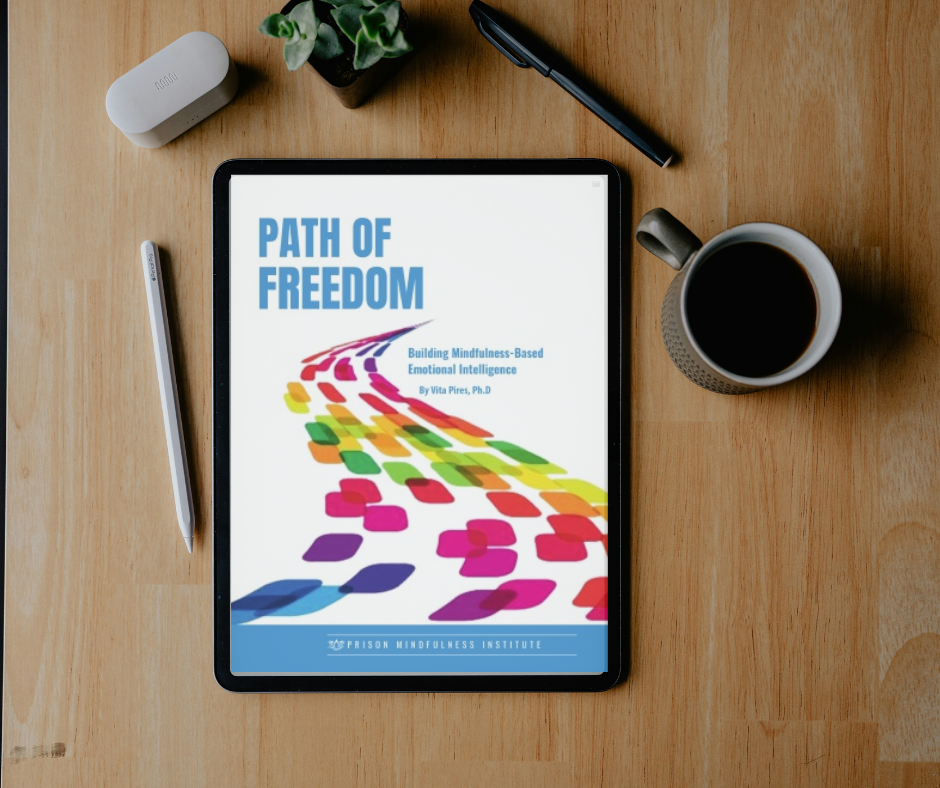The Path of Forgiveness
- PMI Staff

- Nov 16, 2014
- 2 min read
“For the first time in my life, I’m beginning to forgive my parents.” An inmate in his thirties told us this with a tremble in his voice after I led the Forgiveness Meditation. This was the second time that “Dan” (not his real name) participated in this exercise from the Path of Freedom workbook. At our county jail, inmates may move into the pod where classes are held at any time during the eight week terms, and he had entered at the end of the previous one on the day we were guiding this meditation. On hearing it that first time, he’d reacted with cynicism. Now Dan appreciated how the curriculum allowed him to shift his perspective. He went on to say, “After going through all the classes, the whole course, I understand how I can forgive them.”
In my two and a half years of teaching the curriculum, I’ve observed how the progression of lessons lays the groundwork for compassionate understanding of unskillful actions. Most inmates haven’t given much previous thought to the underpinnings of behavior, not theirs or others. It’s a gift to help them see that harmful behavior isn’t a result of some innate “badness” (a common assumption), but arises in part from a limiting core belief, a drama triangle, a climb up the ladder of inference, or because someone tried to meet a basic need in an unskillful way. This last teaching in particular – that unmet needs drive behavior and words – never fails to spark awareness in inmates. Bodies shift when they take in Marshall Rosenberg’s quote, “Everything anyone does is an attempt to meet a basic human need and to make their life more wonderful.” When we remind them of this quote in the class on forgiveness, inmates see that they don’t have to take someone’s behavior personally, revisiting a lesson from earlier in the curriculum.
Another essential component of the curriculum that helps bring about forgiveness is radical responsibility. When inmates accept that they are responsible for their thoughts, feelings, actions, and for what shows up in their lives, they are less likely to push blame onto others. Instead, they begin to work with their own expectations and disappointments in a more skillful manner.
(As an aside, I can’t help but wonder whether forgiveness, if embraced by more inmates, would be a contributing factor in reducing recidivism. Without the desire to seek revenge, perhaps fewer inmates would end up back behind bars.)
Dan is one of the inmates who practices meditation regularly. His shift may have been aided by the awareness he cultivated through practice and by his willingness to exchange reviews the past for being present – a strong foundation for the lessons in the curriculum. It was an honor to witness Dan’s bravery in walking the path of forgiveness.




Comments